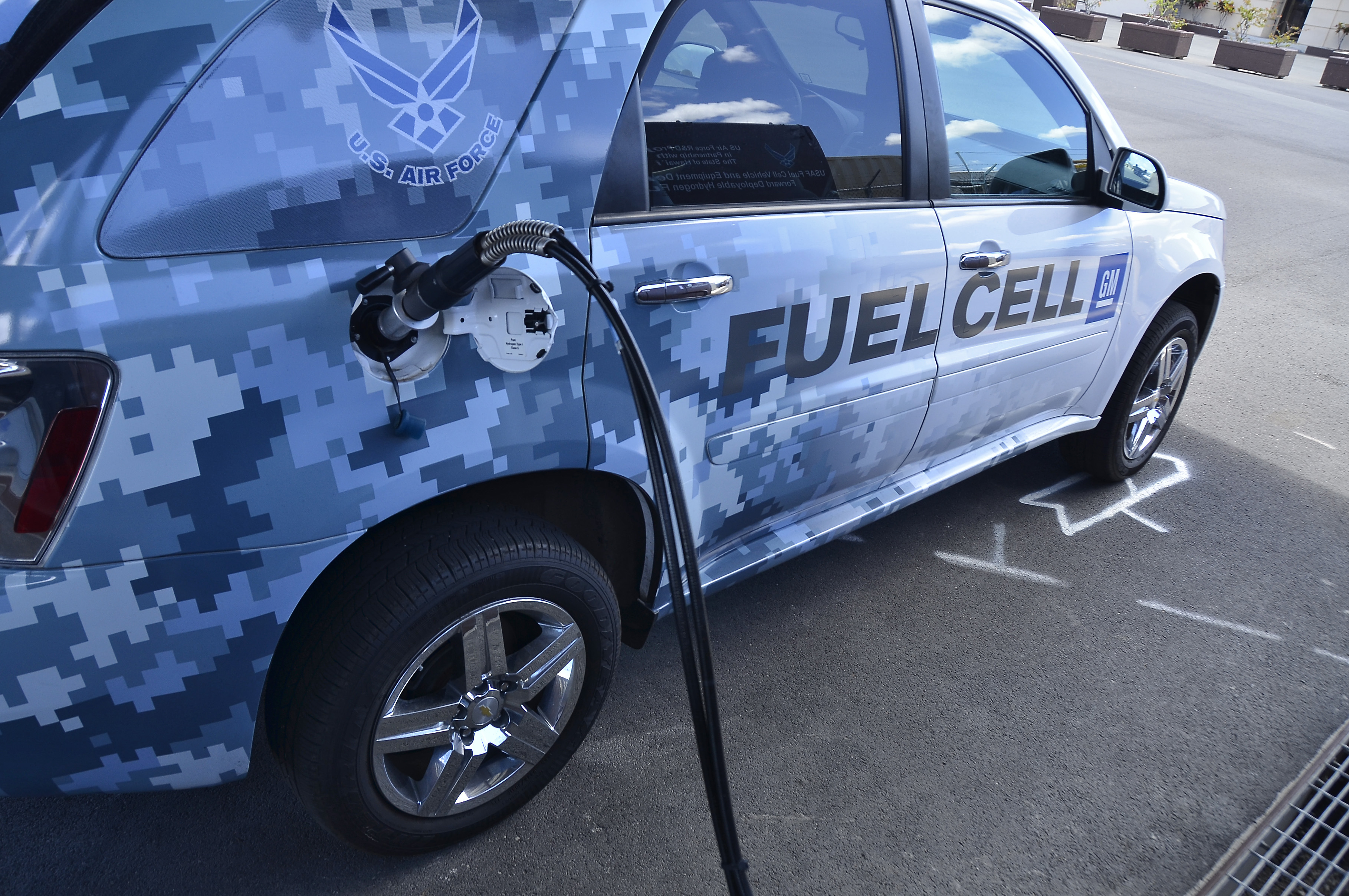 Thanks to the efforts by automakers like Toyota, Honda and Hyundai, hydrogen-powered vehicles are expected to become a serious alternative to conventional vehicles down the road. But, at the moment, they are still far from seeing widespread adoption, due to various obstacles – such as scarce refueling infrastructure and high manufacturing costs – that are preventing them from being considered a viable option.
Thanks to the efforts by automakers like Toyota, Honda and Hyundai, hydrogen-powered vehicles are expected to become a serious alternative to conventional vehicles down the road. But, at the moment, they are still far from seeing widespread adoption, due to various obstacles – such as scarce refueling infrastructure and high manufacturing costs – that are preventing them from being considered a viable option.
However, the Toyota Mirai and the Hyundai Tucson, which are the only fuel cell cars that are commercially available at the moment, have shown that there is interest in these types of vehicles. Now, a new report suggests that demand for hydrogen-powered vehicles will grow strongly over the next decade, albeit not as strong as demand for hybrids and all-electric cars.
Annual Sales to Exceed 228,000
Consulting firm Navigant Research has released a report that focuses on the future of the fuel cell car and fuel cell bus markets, as well as how the auto industry is addressing the challenges that hydrogen-powered vehicles are facing.
In the Fuel Cell Vehicles report, analysts predict that global sales of fuel cell cars and buses will exceed 228,000 per year by 2024, which will still be only a tiny fraction of the total annual global sales of around 80 million, but will present a significant progress from the current situation, nonetheless.
Infrastructure and Cost Issues Must Be Addressed
In addition to the sales forecast, the report highlights the key barriers that need to be overcome in order to accelerate adoption of hydrogen cars. Analysts say that governments play a key role in the efforts to develop the necessary hydrogen refueling infrastructure, which is the single most important prerequisite for a large-scale commercial deployment of fuel cell cars.
If the number of refueling stations does not increase drastically in the years to come, automakers will rightly be hesitant to invest in high-volume production of fuel cell vehicles, and sales will remain limited to the few areas around the world where such stations are publicly available, such as Japan and California.
“Commercial FCVs are finally available to drivers in select markets, with early indications of real customer interest and signs that manufacturers are getting serious about pricing FCVs to compete at the premium-vehicle level,” says Lisa Jerram, principal research analyst with Navigant Research. “Automakers serious about fuel cell technology are expected to tackle the fueling infrastructure problem head on, with much needed investments in station buildout.”
Automakers will have to play their part in the construction of a supporting infrastructure, as well, since it’s in their best interest to make fuel cell cars mainstream as soon as possible.
Also, they have to continue to work on cost reduction. Experts argue that as the cost of electric cars and hybrids decreases, the purchase price of hydrogen vehicles will have to come down and become more competitive with the other, more widespread alternative fuel vehicles.